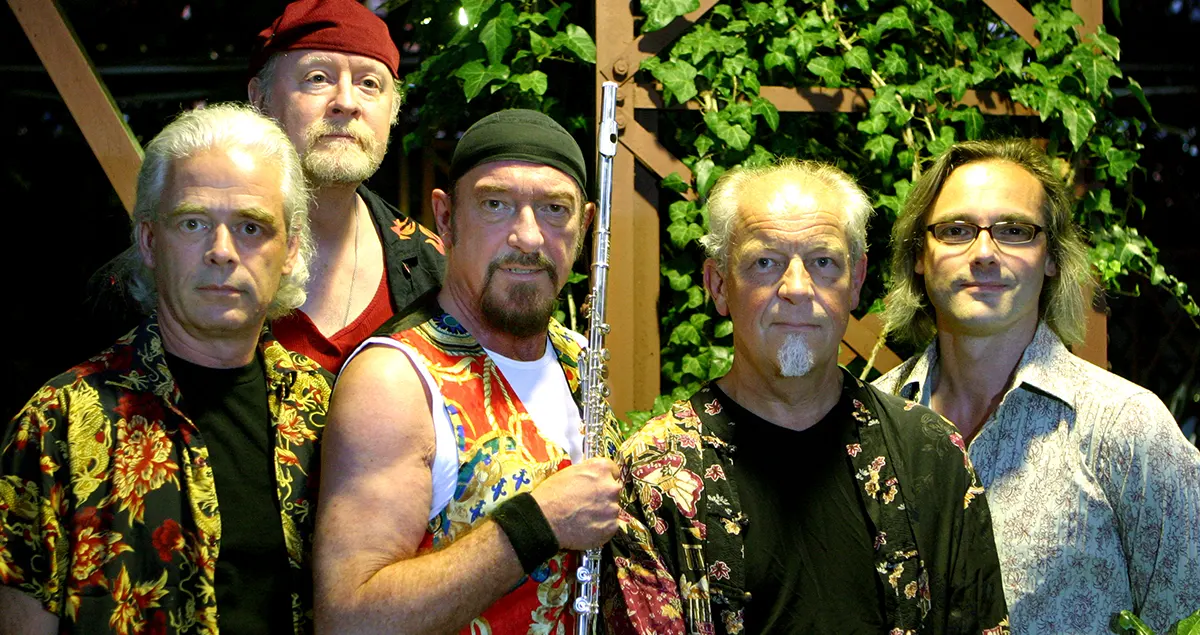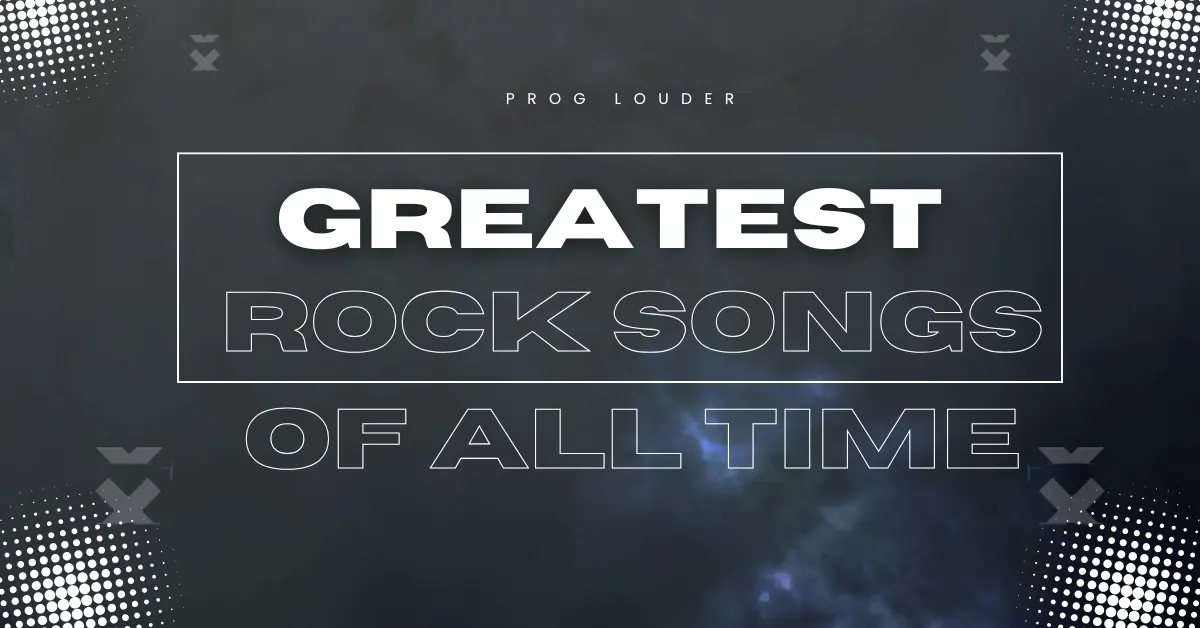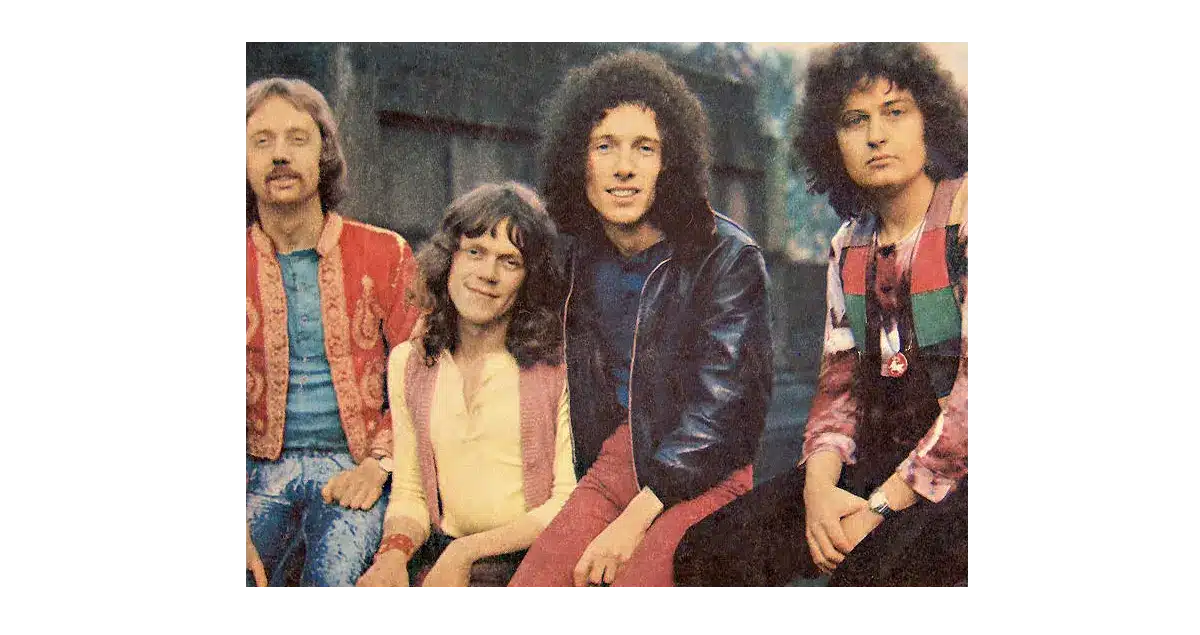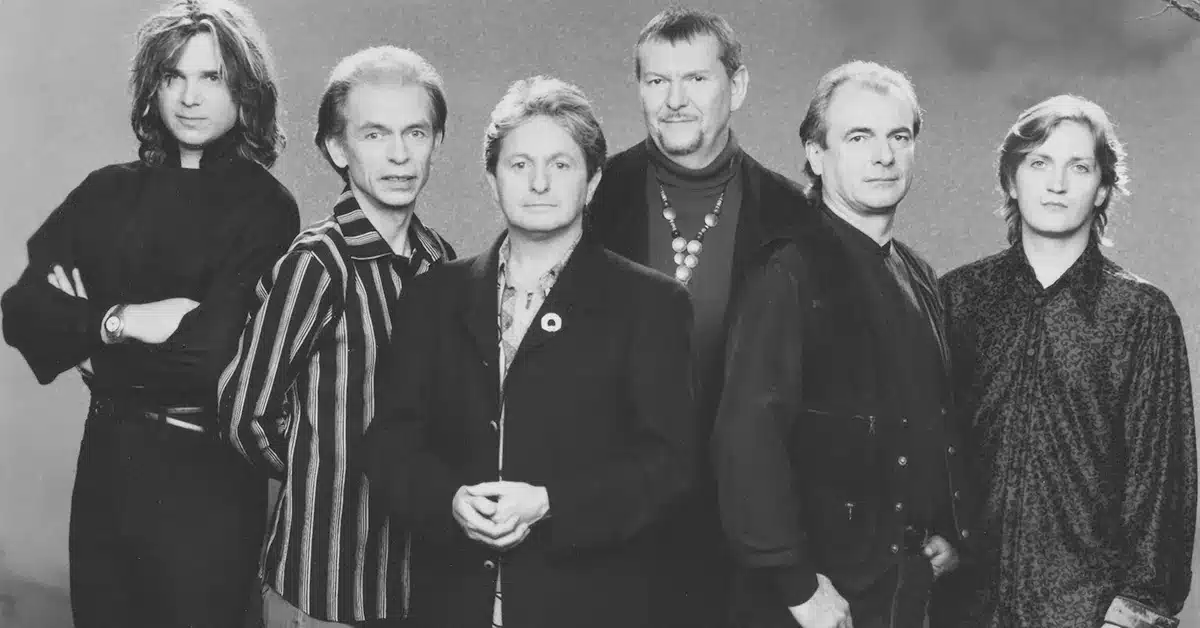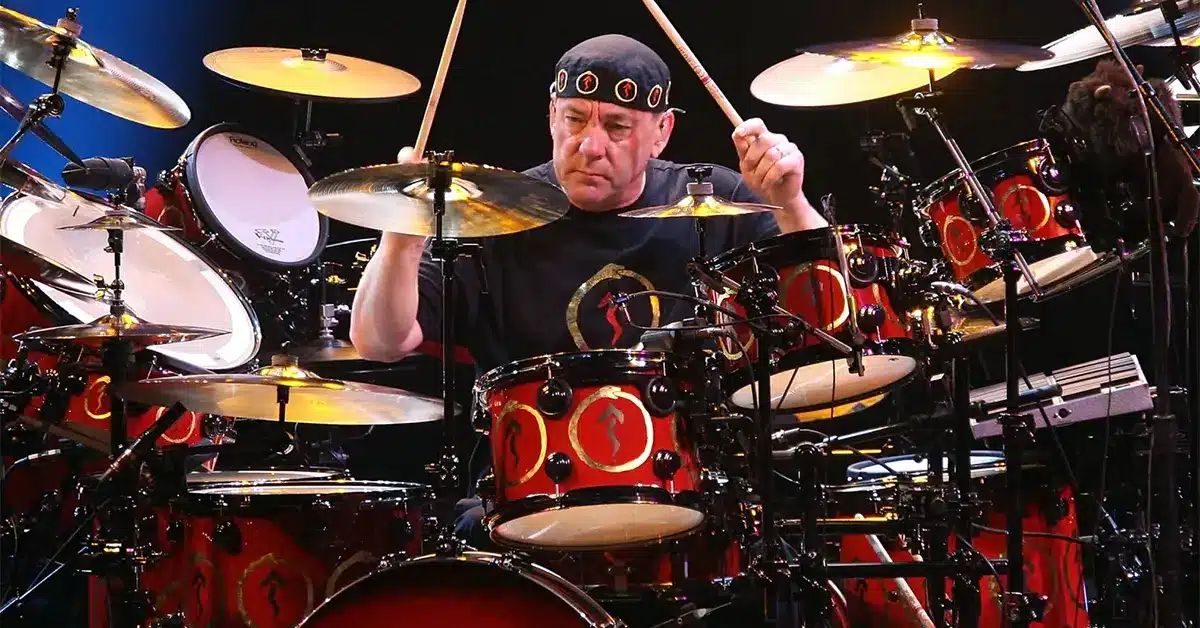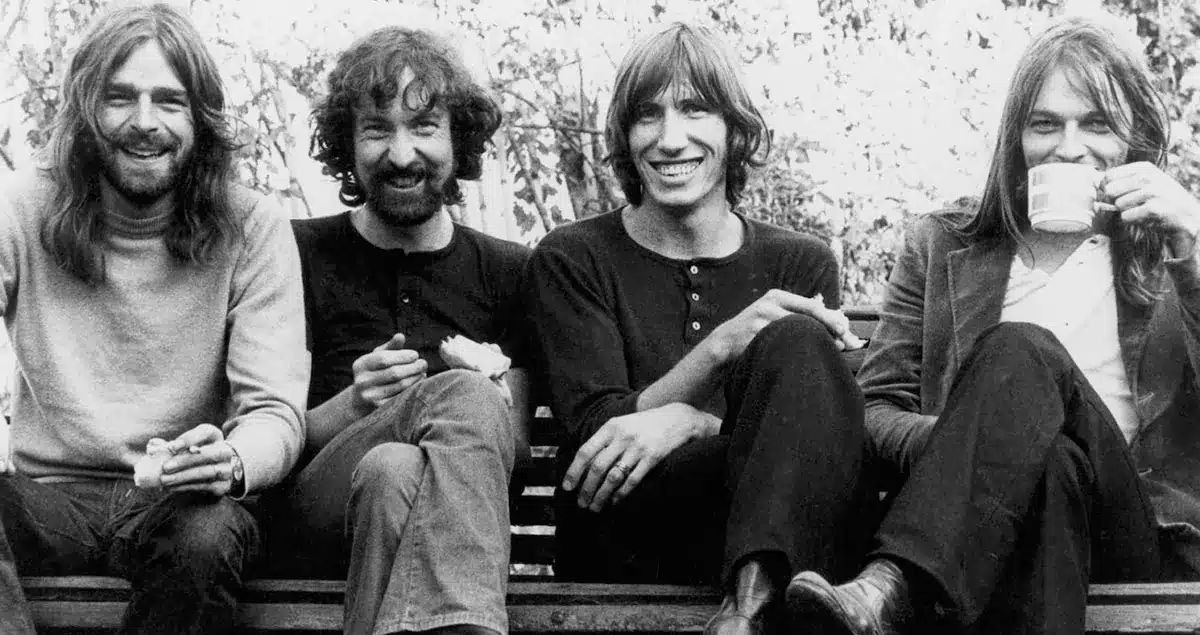Progressive Rock
Prog Louder: Exploring the Boundaries of Progressive Rock
Prog Louder is a music platform dedicated to diving deep into progressive rock, exploring its past, present, and future. From legendary pioneers to modern innovators, from symphonic arrangements to experimental sounds, we offer a broad perspective on prog rock and its subgenres through the latest news, in-depth album reviews, and exclusive content.
More than just a news source, Prog Louder is a meeting place for a passionate prog rock community. From King Crimson to Beardfish, from Pink Floyd to Haken, we explore both the well-known icons and the hidden gems of the genre together.
Experience progressive rock louder and deeper—join Prog Louder today!
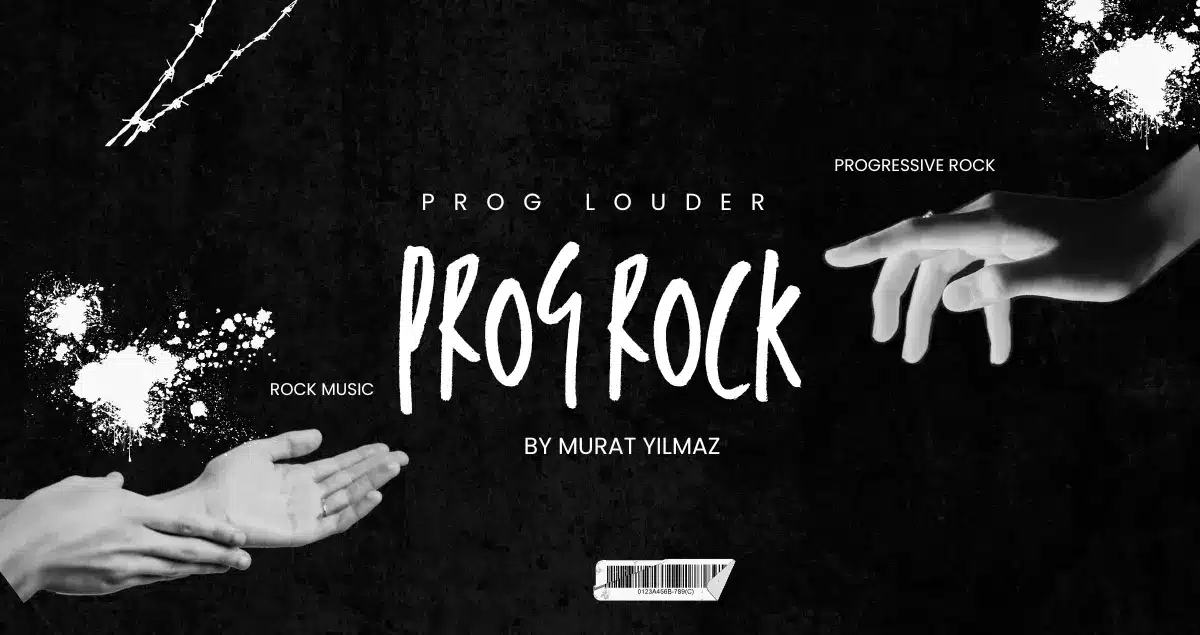
What is Progressive Rock?
Progressive rock (also known as prog rock) is a music genre that emerged in the late 1960s in the UK. It is characterized by its ambition to expand beyond the conventional structures of rock music by incorporating elements from classical music, jazz, psychedelic rock, and experimental sounds.
Unlike traditional rock, which often follows simple verse-chorus structures, prog rock features long and complex compositions, shifting time signatures, intricate arrangements, and a strong emphasis on musicianship. It often includes extended instrumental sections, concept albums, and philosophical or fantasy-based lyrics.
Some of the most influential bands in prog rock history include Pink Floyd, Yes, Genesis, King Crimson, and Jethro Tull, all of which helped shape the genre with their innovative approaches. Over time, progressive rock has evolved into various subgenres, such as neo-prog, prog metal, and post-progressive, each bringing new interpretations and influences to the style.
Even today, progressive rock continues to push musical boundaries, inspiring both musicians and listeners who seek deep, intricate, and thought-provoking music.
Subgenres of Progressive Rock
Progressive rock has evolved over the decades, branching into various subgenres, each with its own unique characteristics and influences. Here are the most significant subgenres of prog rock:
1. Symphonic Prog
Symphonic prog is one of the most iconic forms of progressive rock. It blends complex musical structures with orchestral and classical influences, often featuring lush keyboard arrangements, intricate compositions, and extended instrumental passages. Bands like Yes, Genesis, Camel, and The Flower Kings are major representatives of this style.
Emerging in the 1980s, neo-prog modernized classic progressive rock by incorporating more accessible melodies, emotional depth, and a cinematic atmosphere. It often features lush synthesizers, dramatic vocals, and concept-driven albums. Notable bands include Marillion, IQ, Pendragon, and Arena.
3. Progressive Metal (Prog Metal)
Prog metal fuses the complexity of progressive rock with the heaviness of metal. This subgenre is known for technical precision, odd time signatures, and powerful guitar riffs, often combined with philosophical or sci-fi themes. Key bands in this genre include Dream Theater, Tool, Opeth, and Between the Buried and Me.
The Canterbury Scene originated in the UK city of Canterbury and is known for its fusion of jazz, psychedelic rock, and avant-garde experimentation. The music is often characterized by complex harmonies, whimsical lyrics, and intricate improvisation. Important bands in this movement include Soft Machine, Caravan, Gong, and Hatfield and the North.
5. Post-Progressive (Post-Progressive Rock)
Post-progressive reinterprets classic prog rock elements with a modern, often minimalist and atmospheric approach. It focuses more on mood and texture rather than virtuosity. Leading bands in this genre include Porcupine Tree, Anathema, The Mars Volta, and Riverside.
6. Psychedelic Progressive Rock
Psychedelic prog blends progressive rock with the mind-expanding, surreal qualities of psychedelic rock. It often features trippy, spacey soundscapes, unconventional song structures, and experimental sound design. Early Pink Floyd, Hawkwind, and Ozric Tentacles are key examples.
7. Experimental Prog
This subgenre pushes the boundaries of music with non-traditional structures, avant-garde techniques, and a fusion of diverse influences. It often defies classification and challenges listeners with its innovative approach. King Crimson, Frank Zappa, and Magma are among the pioneers of experimental prog.
8. Folk Prog
Folk prog merges progressive rock with traditional folk music, often featuring acoustic instruments, storytelling lyrics, and medieval or Celtic influences. Jethro Tull, Strawbs, Harmonium, and Horslips are well-known representatives of this style.
Top 10 Best Symphonic Rock Bands of All Time
Best Symphonic Rock Bands: A Journey Through Orchestral Grandeur in Rock Symphonic rock is a captivating subgenre of rock music that blends the raw power of rock instrumentation with the lush, sweeping arrangements of classical orchestration. Often associated with the progressive rock movement, symphonic rock is known for its ambition, conceptual depth, and emotional intensity.…
Greatest Prog Rock Drummer of All Time
🥁 Greatest Prog Rock Drummer of All Time: Bill Bruford 🎧 Who Is Bill Bruford? Bill Bruford (born May 17, 1949) is an English drummer best known for his work with: He was a founding figure in progressive rock and arguably its most influential rhythmic voice. 🥇 Why Bruford Is the Greatest ✅ 1. Pioneering…
Yes Members by Era
Yes Members by Era (1968–2025) 🎸 1968–1970: The Founding Years ✅ Key Albums: “Yes” (1969), “Time and a Word” (1970)➡ Banks was fired after the second album, replaced by Steve Howe. 🎸 1970–1971: Classic Sound Emerges ✅ Key Album: “The Yes Album” (1971)➡ Marked a significant artistic leap with more complex compositions. 🎹 1971–1972: The…
Top 10 Best Symphonic Rock Bands of All Time
Best Symphonic Rock Bands: A Journey Through Orchestral Grandeur in Rock Symphonic rock is a captivating subgenre of rock music that blends the raw power of rock instrumentation with the lush, sweeping arrangements of classical orchestration. Often associated with the progressive rock movement, symphonic rock is known for its ambition, conceptual depth, and emotional intensity.…
Greatest Prog Rock Drummer of All Time
🥁 Greatest Prog Rock Drummer of All Time: Bill Bruford 🎧 Who Is Bill Bruford? Bill Bruford (born May 17, 1949) is an English drummer best known for his work with: He was a founding figure in progressive rock and arguably its most influential rhythmic voice. 🥇 Why Bruford Is the Greatest ✅ 1. Pioneering…
Yes Members by Era
Yes Members by Era (1968–2025) 🎸 1968–1970: The Founding Years ✅ Key Albums: “Yes” (1969), “Time and a Word” (1970)➡ Banks was fired after the second album, replaced by Steve Howe. 🎸 1970–1971: Classic Sound Emerges ✅ Key Album: “The Yes Album” (1971)➡ Marked a significant artistic leap with more complex compositions. 🎹 1971–1972: The…
Acqua Fragile

Acqua Fragile: The Subtleties of Italian Progressive Rock Founding Date and Country Acqua Fragile was founded in 1970 in the city of Parma, Italy. The band’s creation was influenced by a desire to forge a new musical style within the musical atmosphere of the time. Acqua Fragile, producing music in the progressive rock genre, quickly…
Agitation Free

Agitation Free: Pioneers of German Krautrock Formation and Early Years Agitation Free was founded in 1967 in West Berlin, Germany, by Lutz “Lüül” Ulbrich (guitar), Michael Günther (bass), Christoph Franke (drums), and Michael “Micki” Duwe (guitar). Emerging in the late ’60s amid the blossoming krautrock scene, the band aimed to create a unique sound that…
Pink Floyd
Pink Floyd: A Musical Revolution and the Legacy of Progressive Rock Formation and Early Years Pink Floyd was formed in 1965 in London, quickly becoming one of the most innovative groups in the music scene. The founding members were Syd Barrett, Roger Waters, Richard Wright, and Nick Mason. Under Barrett’s leadership, the band released their…
Top 10 Best Symphonic Rock Bands of All Time
Best Symphonic Rock Bands: A Journey Through Orchestral Grandeur in Rock Symphonic rock is a captivating subgenre of rock music that blends the raw power of rock instrumentation with the lush, sweeping arrangements of classical orchestration. Often associated with the progressive rock movement, symphonic rock is known for its ambition, conceptual depth, and emotional intensity.…
Agitation Free
Agitation Free: Pioneers of German Krautrock Formation and Early Years Agitation Free was founded in 1967 in West Berlin, Germany, by Lutz “Lüül” Ulbrich (guitar), Michael Günther (bass), Christoph Franke (drums), and Michael “Micki” Duwe (guitar). Emerging in the late ’60s amid the blossoming krautrock scene, the band aimed to create a unique sound that…
The Alan Parsons Project
The Alan Parsons Project: Pioneers of Futuristic Rock and Symphonic Rock Formation and Members The Alan Parsons Project was formed in 1975 in England by producer and sound engineer Alan Parsons and composer-songwriter Eric Woolfson. This duo brought a unique approach to the rock and pop scene of the 1970s and 1980s. The band did…

